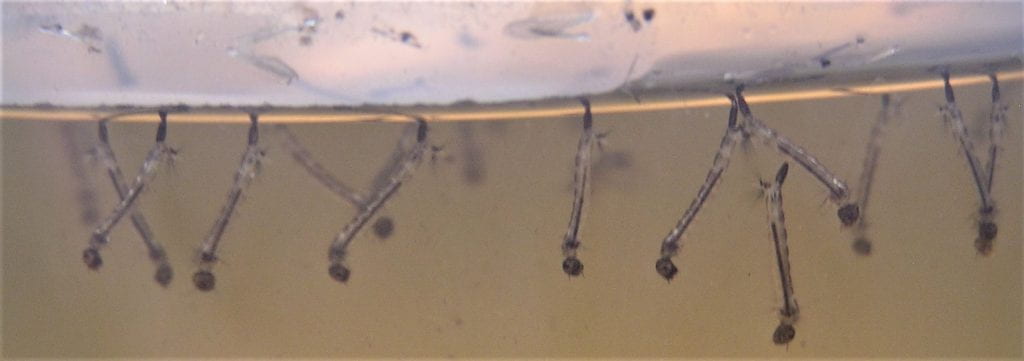
Broadly, my research is on community, population, and behavioral ecology, using container dwelling mosquitoes as my principal model system. My emphasis is on the aquatic larval stages, and how processes in the aquatic environment influence community composition and adult mosquito traits.
Currently we are investigating the conditions that result in overcompensation in container mosquito populations, where the action of density dependence acting on larvae results in added mortality of larvae causing an increase in the production of adults. We are using field experiments, laboratory experiments, and modeling to investigate how timing and extent of controlled mortality, and how different predators, influence the likelihood of overcompensatory responses by 4 important vector mosquitoes: Aedes albopictus, Aedes aegypti, Aedes triseriatus, and Culex pipiens.
Recent publications on overcompensation are:
Neale, ZR, SA Juliano. 2021. Predation yields greater population performance: What are the contributions of density- and trait-mediated effects? Ecological Entomology. 46:56-65 https://doi.org/10.1111/een.12940
Neale, ZR, SA Juliano. 2019. Finding the sweet spot: What levels of larval mortality lead to compensation or overcompensation in adult production? Ecosphere 10(9):e02855. https://doi.org/10.1002/ecs2.2855
Ower, G.D., S.A. Juliano. 2019. Effects of larval density on a natural population of Culex restuans (Diptera: Culicidae): No evidence of compensatory mortality. Ecological Entomology 44:197-205 https://doi.org/10.1111/een.12689
McIntire, KM, SA Juliano. 2018. How can mortality increase population size? A test of two mechanistic hypotheses. Ecology 99:1660–1670 https://doi.org/10.1002/ecy.2375
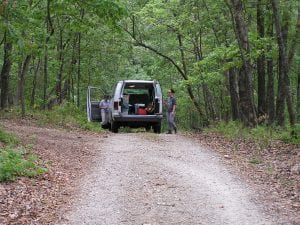

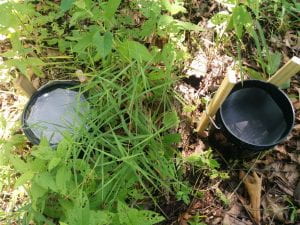
A recently completed project investigated the combined roles of aquatic habitat sizes ranging from 0.35 to 175 L, disturbance (in the form of drying), and predation as they affect community composition of aquatic invertebrates in container systems. Much of this work took place at Tyson Research Center, Eureka MO (Field Station of Washington University).
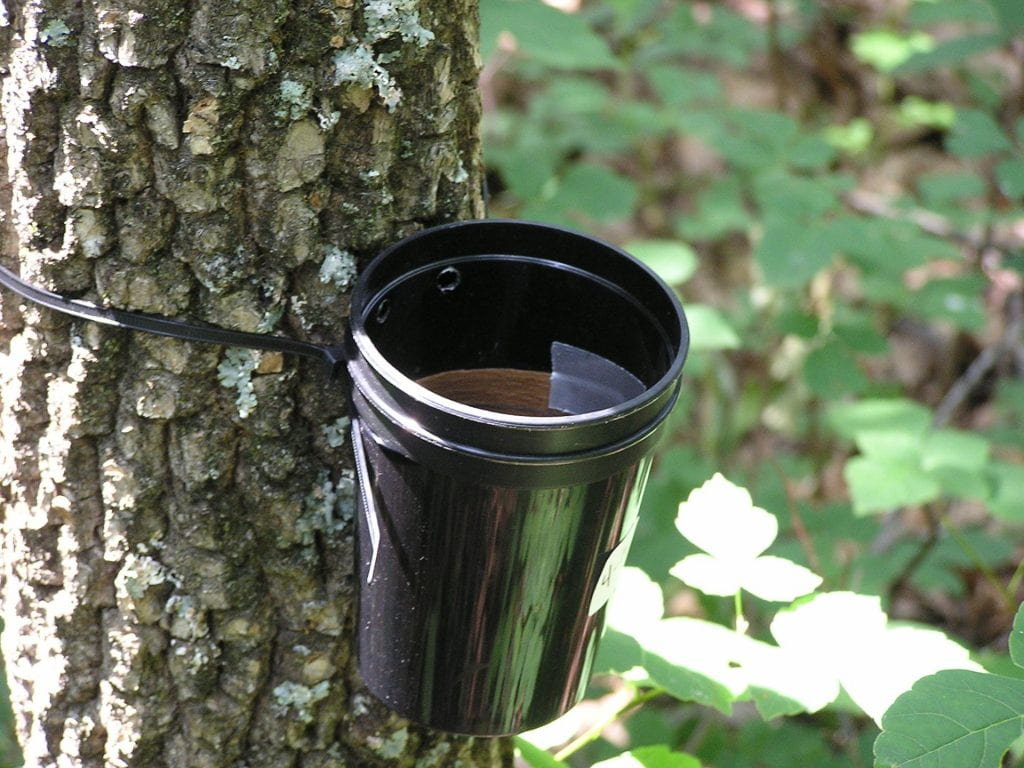
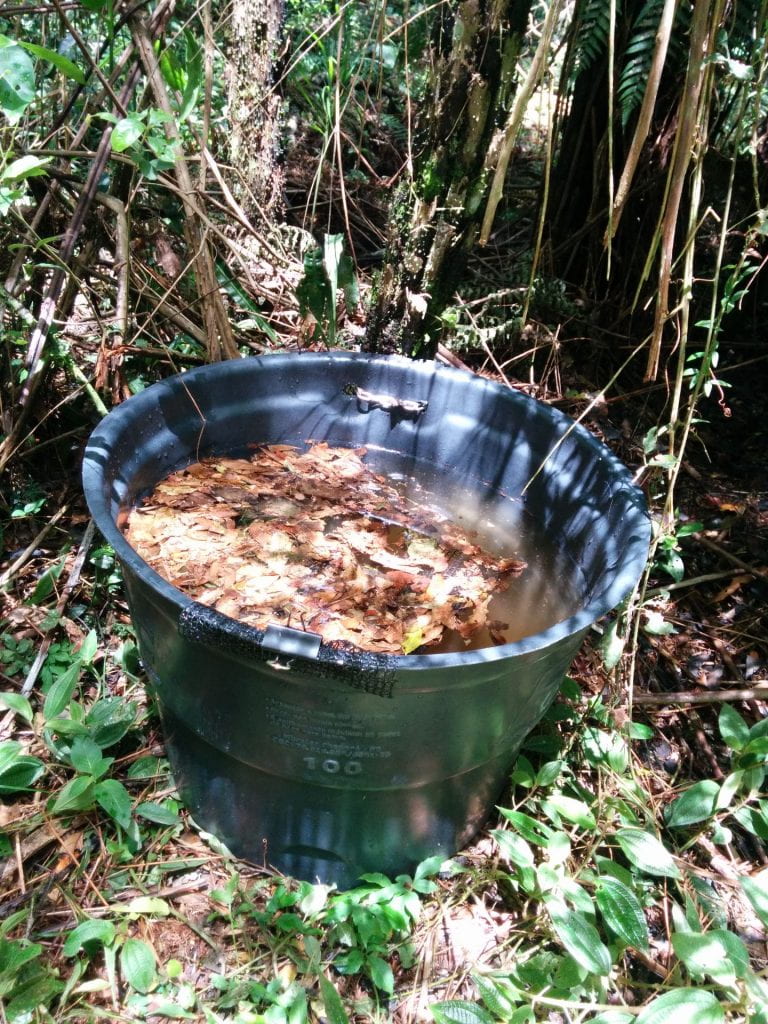
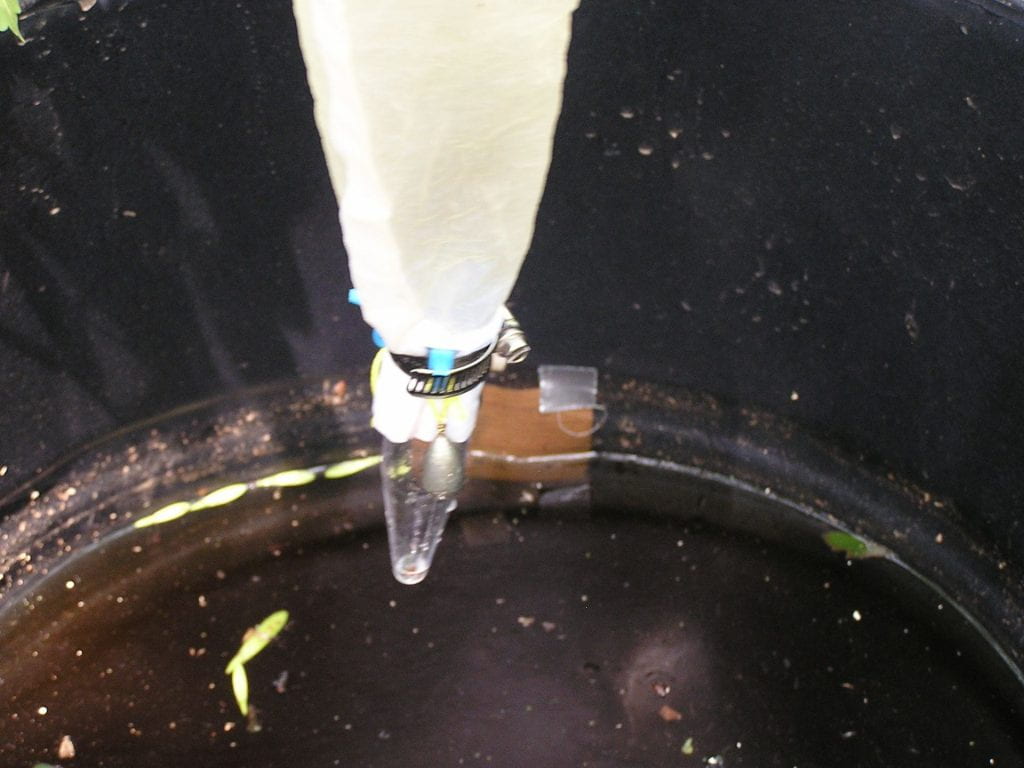
A parallel project was done, using similar experimental methods at Universidade Federal de Vicosa, and Universidade Comunitária Regional de Chapecó, both in Brazil.
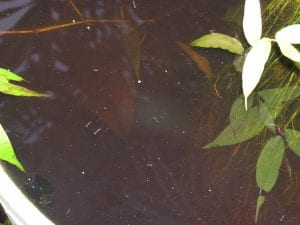
Much of my past and ongoing research has involved invasion ecology of Asian tiger mosquito and was funded by a National Institutes of Health grant, in which I collaborated with colleagues at Florida Medical Entomology Laboratory, University of Florida. We also have a related international project on this invasive species in Rio de Janeiro, Brazil, in collaboration with Instituto Oswaldo Cruz.
In addition to these research projects, I have a long standing interest in biostatistics, which has led to my involvement in research on application of statistical techniques to a variety of biological problems. I am also one of the faculty directing the Program of Excellence in Biomathematics at ISU, which is a collaborative MS degree program involving the School of Biological Sciences and Department of Mathematics.